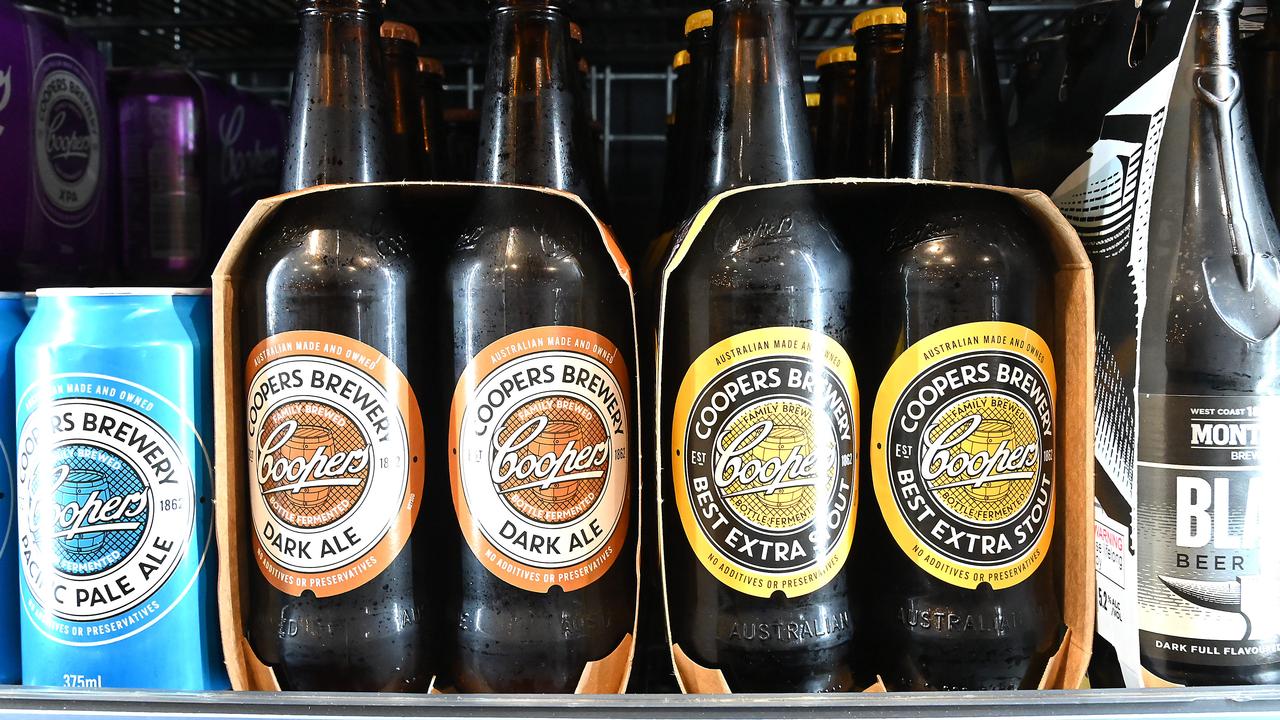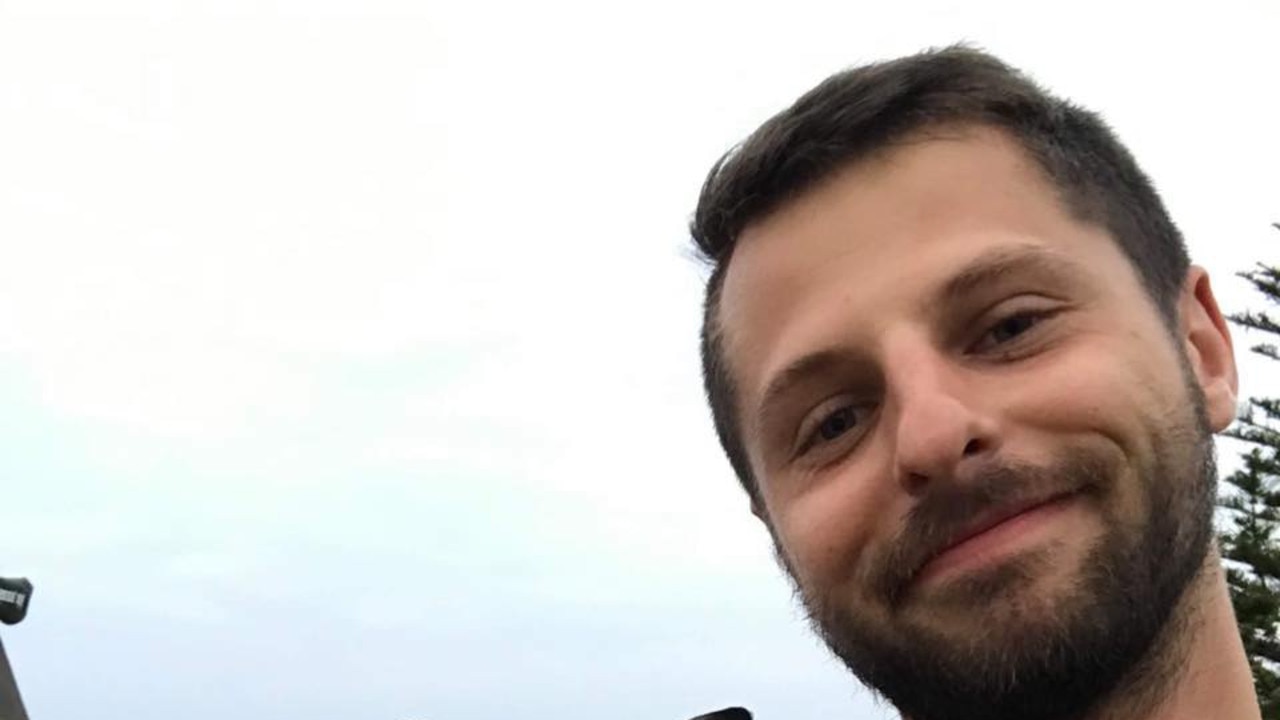Coronavirus Australia: New lockdown rules introduced Wednesday with prospect of more to come
Australians will make a “significant sacrifice” with a host of measures introduced midnight Wednesday, but it’s likely to go even further.
A full community lockdown of non-essential services with school closures for all but the children of the most critical workers could be the next step in fighting Australia’s coronavirus pandemic unless the disease epidemiology improves.
At midnight Wednesday a raft of further measures will come into effect including the closure of businesses and community centres, libraries, swimming pools, tanning shops, food courts except for takeaway, spas, spin facilities, sex premises, and galleries among other measures.
MORE: See the full list of what will be banned in Australia
MORE: Follow the latest coronavirus news
People will have to avoid birthday parties, barbecues and house parties, with weddings limited to five people and funerals limited to 10, where strict social distancing must be observed.
Australians will also be banned from travelling overseas in the most drastic government intervention into citizens’ private lives in recent history.
Prime Minister Scott Morrison said the new way of life will be with us for at least six months and would require a “significant sacrifice” with friends and families banned from seeing each other.
“So that means barbecues of lots of friends, or even family, extended family coming together to celebrate one-year-old birthday parties, and those sorts of things, we can’t do those things now. These will be a significant sacrifice,’’ he said.
“Australians should stay at home, unless shopping for essentials, travelling to and from work – where you cannot work from home, going to school and exercising. Keep visitors to your home at a minimum. In outdoor spaces do not congregate in groups.”
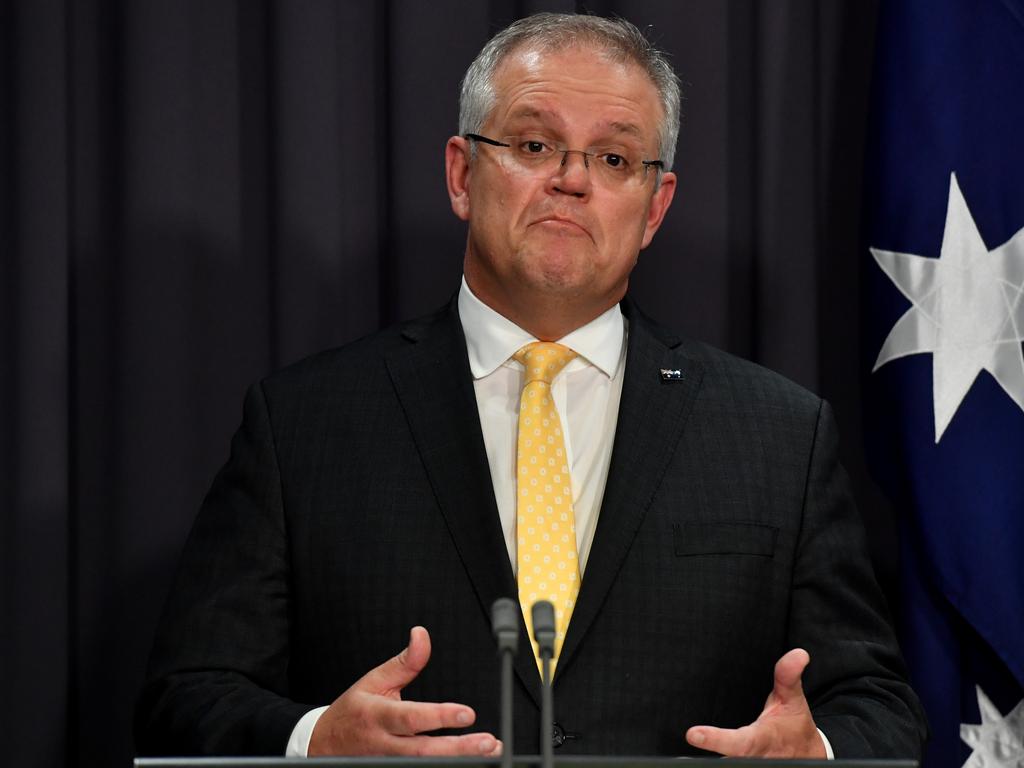
However restrictions could go further in the coming days if cases of COVID-19 do not begin to plateau. The total number of Australian cases is now more than 2000 with eight deaths.
The Australian Health Protection Principal Committee (AHPPC), which advises the National Cabinet on strategy in dealing with the virus said the next step could be a full lockdown of non-essential activity.
“The next step, if required, is likely to be a carefully considered closure of all activity except essential industries and services,” it said.
“All states and territories are in agreement with the above position, except Victoria, who expressed the desire for even stronger measures at this time.”
In a statement published earlier this week, the committee also outlined the thinking on schools, which remain open for now.
“School closures are likely to be more effective when approaching the peak of the epidemic and enforced for a shorter period.”
“If there is a strong desire to close schools at this later stage, it is essential that an option is provided for children of essential service providers, such as health care workers, to attend school or be otherwise cared for,” it said.
“AHPPC believes that school closures and full community lockdown should be held in reserve at this time with close daily review of the epidemiology.”
The committee said a trigger for further lockdowns would include strong evidence of local transmission of the disease. At present, it believes cases are primarily coming from travellers returning from overseas, cruise ships or superspreader events such as a recent wedding where 36 guests were infected.
It also blamed the “slow implementation” and relaxed approach of many Australians to social distancing for the stronger restrictions that needed to be introduced.
Many of the changes announced on Tuesday sparked confusion online over arbitrary limits, such as hairdresser appointments lasting just 30 minutes.
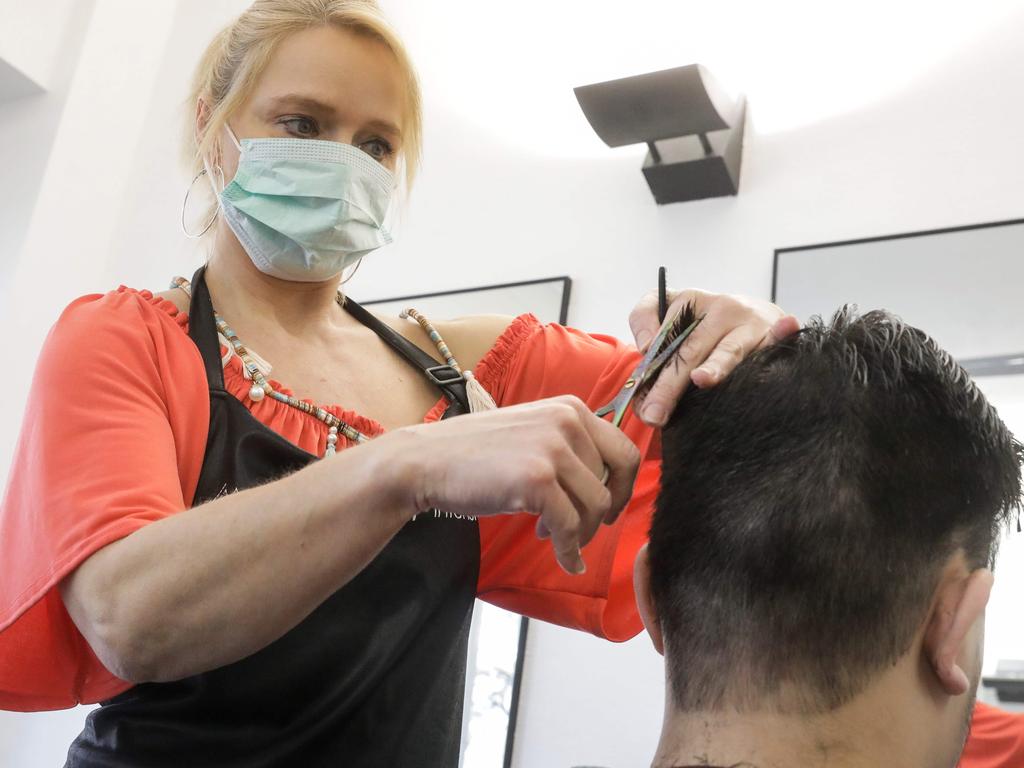
CLOSURES SPARK CONFUSION
In Queensland a key decision on schools is looming with reports they could “half shut” with a skeleton staff kept on board to teach the children of critical workers such as police and healthcare workers.
A similar system has been implemented in England where schools closed last week, however remained open to the children of “essential workers” – a relatively large and vague list including healthcare workers, civil servants, supermarket staff, delivery drivers, members of the press and pharmacists among others.
The PM will meet Australian Education Union representatives on Wednesday to nut out details of what might happen amid reports Queensland teachers could call for a strike.
On Tuesday, Mr Morrison said anyone with a job in Australia was considered an “essential” worker.
“Every single job that is being done in our economy with these severe restrictions that are taking place is essential,” he said.
“It can be essential in a service whether it’s a nurse or a doctor or a schoolteacher, or a public servant who is working tonight to ensure that we can get even greater capacity in our Centrelink offices, working until 8:00 under the new arrangement in the call centres, these are all essential jobs.
“People stacking shelves, that is essential. People earning money in their family when another member of their family may have lost their job and can no longer earn, that’s an essential job. Jobs are essential.”
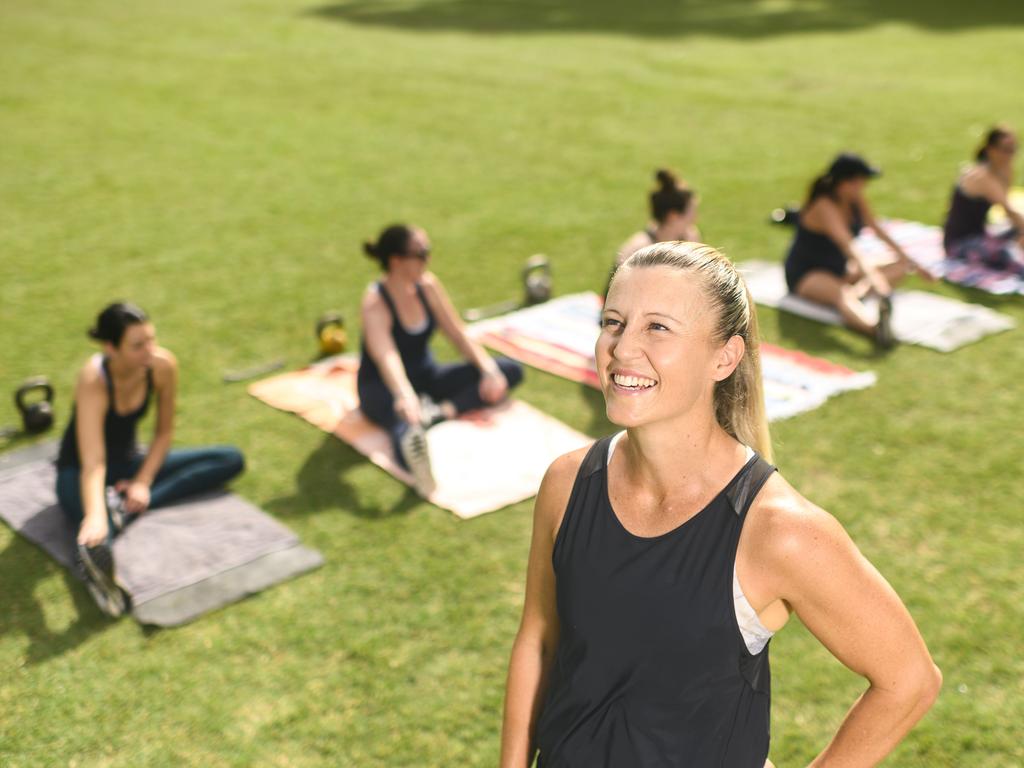
MOBILE TRACKING
The AHPPC has also called for mobile tracking of cases to be undertaken to ensure people are complying with isolation measures, such as that used in Hong Kong and Singapore.
“The continued growth of cases in returned travellers (including the Ruby Princess) necessitates even stronger action on enforcing the quarantine of any returned traveller, with phone checks, mobile phone tracking and other measures,” it warned.
“Similar attention needs to be given to case contacts in quarantine. Of most importance is the checking on the actual confirmed cases, if they are in isolation in their homes. It is not practical to keep them all in hospital but they must be checked daily with provision for formal supervised isolation for any noncompliance.”
South Australia police has already used phone tracking technology to trace infected cases and has the power to issue spot fines for those not deemed to be non-essential travellers.
A police spokeswoman told The Australian: “Phone tracking can be effectively used to track movements of where people have been that have become infected,” but did not reveal how often it had been used.
Victoria Police Deputy Commissioner Rick Nugent also said those infected would be monitored via video calls and in person to stop them spreading the disease.


